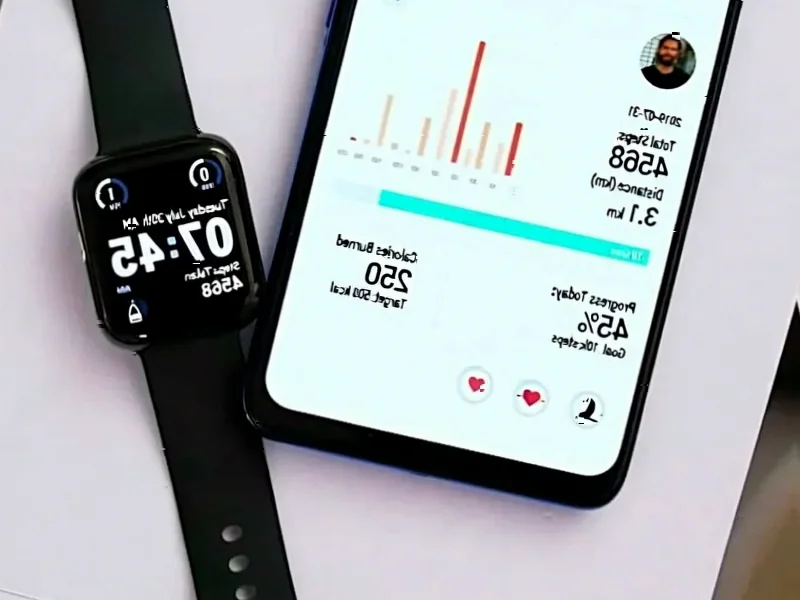According to Digital Trends, Fitbit is rolling out a new AI-driven personal coach for Premium subscribers in the United States that transforms the app into a conversational fitness companion. The feature, currently in public preview, integrates Gemini AI directly into the Fitbit app, enabling users to interact with an assistant that’s aware of their fitness data and provides personalized advice, goal-setting support, and tailored suggestions for activity, sleep, and overall wellness. Alongside the AI coach, Premium users receive a major app redesign with a new Today tab displaying key health metrics and instant feedback in one place. Google is actively collecting user feedback during the preview phase, with plans to expand to iOS users and international markets in the near future, according to the company’s announcement. This represents a significant evolution in how fitness platforms approach user engagement.
The AI Health Coach Dilemma
While the concept of a conversational AI health coach sounds revolutionary, it enters treacherous territory where generic fitness advice meets personalized medical guidance. The fundamental challenge lies in the gap between what AI can reasonably infer from wearable data versus what constitutes legitimate health advice. Steps, heart rate, and sleep patterns provide surface-level indicators, but they don’t capture underlying health conditions, medications, genetic factors, or the complex interplay between different bodily systems. An AI suggesting “run without getting out of breath” sounds helpful until you consider users with undiagnosed asthma, cardiac issues, or other conditions that make such goals potentially dangerous.
Data Privacy and AI Training Concerns
The integration of Gemini AI raises significant questions about data handling and model training. When users share intimate health questions and receive personalized responses, that interaction data becomes training fuel for Google’s AI systems. While the company’s announcement emphasizes user feedback collection, it’s unclear how much of this health conversation data will be anonymized, how long it’s retained, and what safeguards prevent sensitive health information from influencing broader AI models. Given Google’s advertising business model and the immense value of health data, users should be particularly cautious about what they share with an AI coach that’s still in development.
The Fitness App Arms Race
Fitbit’s move represents the latest escalation in the wearable tech arms race, where companies are desperately seeking differentiation beyond hardware specifications. Apple’s Health app has been gradually incorporating more AI-driven insights, while Whoop and Oura have built their brands around sophisticated data interpretation. The conversational interface represents a logical next step, but it’s also a defensive move against the commoditization of basic activity tracking. The real test will be whether this AI coach can demonstrate measurable improvements in user outcomes rather than simply creating the illusion of personalization through clever conversation.
The Reality of AI Health Guidance
History is littered with health tech promises that overestimated AI capabilities while underestimating human complexity. IBM’s Watson Health famously struggled to deliver on its cancer diagnosis ambitions, and numerous digital health startups have discovered that converting data into actionable medical insights is far more challenging than anticipated. The danger with Fitbit’s approach isn’t that the AI will give blatantly wrong advice, but that it might provide guidance that’s technically correct for an average person but inappropriate for specific individuals. When an AI coach says “increase your daily steps,” it doesn’t know if you’re recovering from surgery, managing chronic pain, or dealing with mental health challenges that make such recommendations counterproductive.
The Future of AI Fitness Coaching
For this technology to mature responsibly, several critical developments need to occur. First, clear boundaries must be established between general wellness advice and medical guidance, with prominent disclaimers about the AI’s limitations. Second, the system needs robust safety rails that prevent it from venturing into areas requiring professional expertise. Third, transparency about data usage and model training is essential for building trust. If executed carefully, conversational AI could indeed make fitness tracking more accessible and engaging. But if treated as another feature to check off in the competitive landscape, it risks becoming another example of AI overpromising and underdelivering in the sensitive domain of personal health.




